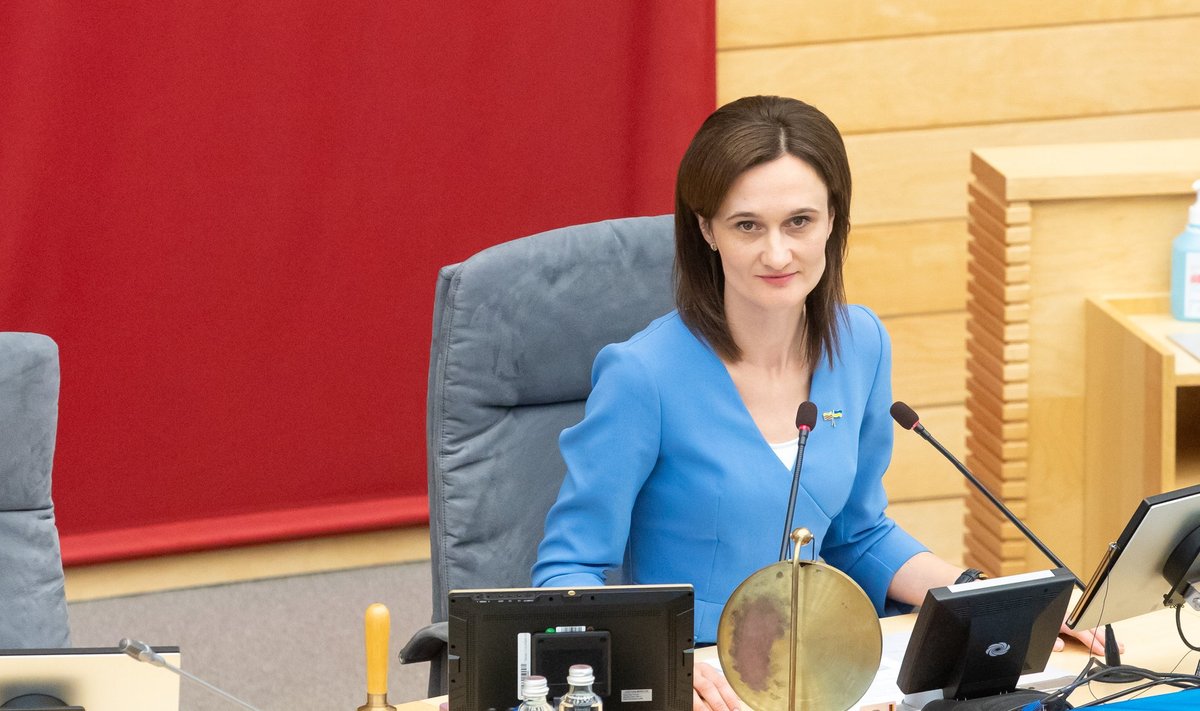In an interview with the radio station Žinių Radijas, the parliament speaker stated that Lithuania was lagging behind other countries in opening its power market to more suppliers. She also stressed that it was not easy to complete this process at a time when energy prices spiked. However, the speaker does not think that the situation with Perlas Energija may undermine consumer confidence in the entire power supply market.
“It is regrettable that we are lagging behind, but we realise that as a state we must do our homework,” said Čmilytė-Nielsen, adding that consumers must be better safeguarded.
Furthermore, the head of parliament said authorities would consider whether there was a need to delay the third stage of the power market liberalisation, which is scheduled to be completed by the end of the year.
As regards Perlas Energija customers that were moved to variable-price plans, the speaker underscored that other electricity suppliers are actively offering them their own proposals.
Čmilytė-Nielsen also added that the National Energy Regulatory Council (VERT) and the State Consumer Rights Protection Service (VVTAT) are examining the situation with Perlas Energija, whereas the Ministry of Energy started drafting amendments that would prevent similar cases from reoccurring in the future.
As reported, independent electricity supplier Perlas Energija, announced last Friday that as of 5 September its customers would be moved from fixed-price plans to variable-price plans determined directly by the situation in the power market. The company has approximately 180,000 clients or 15% of all electricity consumers.
As part of the Lithuanian Electricity Market Development and Implementation Plan, Lithuania has to liberalise its retail electricity supply market.
The first liberalisation stage, for clients consuming more than 5,000 KWh of electricity per year, was completed at the end of 2020.
The second stage, for clients consuming 1,000-5,000 KWh of electricity per year, began in July 2021 and by 1 July 2022 consumers had to choose an independent electricity supplier.
The third stage, for households consuming less than 1,000 KWh of electricity annually, is scheduled to be completed in December 2022.
